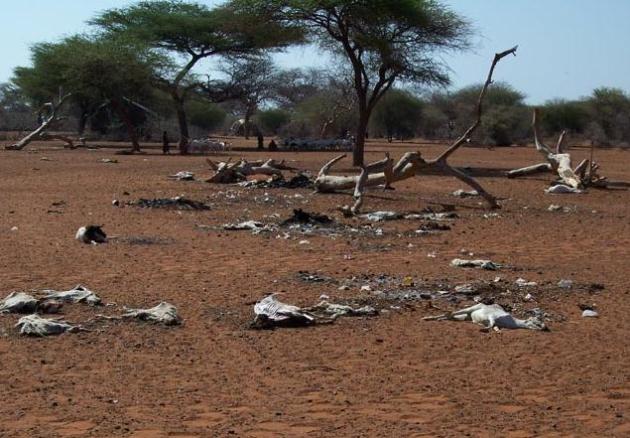 It is depressingly apparent that powerful forces in the global economy are set to carry on with the exploration for and use of fossil fuels as a primary source of energy for decades to come. Oxfam has produced a report identifying the confluence of fossil fuel companies, governments and investors which givers momentum to the disastrous course along which we are being impelled.
It is depressingly apparent that powerful forces in the global economy are set to carry on with the exploration for and use of fossil fuels as a primary source of energy for decades to come. Oxfam has produced a report identifying the confluence of fossil fuel companies, governments and investors which givers momentum to the disastrous course along which we are being impelled.
Food, Fossil Fuels and Filthy Finance pulls no punches. It points to the evidence from the Tyndall Centre that, in the absence of an unprecedented change in the global use of fossil fuels, we are heading for a global temperature rise of 4 to 6 degrees by century’s end.
Warming at this rate would leave hundreds of millions of the world’s poorest people at risk of severe hunger and drought by 2060. Even 2 degrees is going to have widespread human impacts and cause serious setbacks to development. The ‘hunger costs’ of fossil fuels are set to be the most savage impacts of climate change for millions globally. Farmers in many African countries are likely to see decreases in yield decade by decade, in spite of adaptation measures. The report details much more by way of cascading adverse impacts on populations least equipped to cope with them. It also points to severe economic and business risks in store for the developed countries as climate change begins to bite in their regions.

 In
In 
 So, the threat of a terrorist attack on New Zealand i
So, the threat of a terrorist attack on New Zealand i Over 2012 and 2013, parts of New Zealand experienced their
Over 2012 and 2013, parts of New Zealand experienced their
You must be logged in to post a comment.